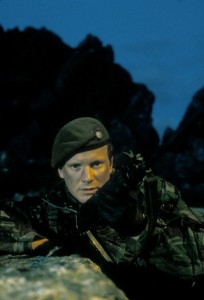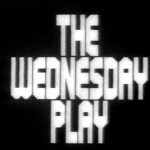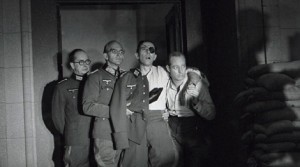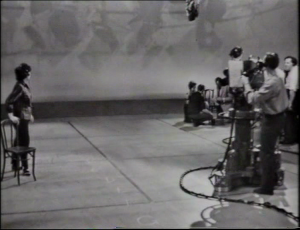by OLIVER WAKE
Thirty-Minute Theatre Writer: Friedrich Dürrenmatt; Translated by: Robert David MacDonald; Producer: Innes Lloyd; Director: Rudolph Cartier
Thirty-Minute Theatre was a drama strand instigated by the BBC to return shorter plays, transmitted live, to the television schedules.1 It began in October 1965 with a version of Roald Dahl’s Parson’s Pleasure, and ultimately produced over 250 dramas, although by the end of 1968 the live element was had been entirely dropped. 1969’s Conversation at Night was director Rudolph Cartier’s fourth entry into the BBC2 anthology, following Brainscrew in 1966, The News-Benders in 1968, and the Hitler segment of the These Men Are Dangerous trilogy from earlier in 1969.2 It was Cartier’s last production under BBC contract as he returned to freelance work thereafter.3
The short play was written by leading post-war Swiss dramatist Friedrich Dürrenmatt, who is best known for his full-length satirical stage dramas The Visit and The Physicists. Conversation at Night started out as a German radio play in 1952 and transferred to the Munich stage the same year. It came to Britain as a radio play first, translated and produced by Christopher Holme for the BBC’s Third Programme in 1963.4 The stage version premiered in London in 1966. For television, the play was translated by Robert David MacDonald and produced by Innes Lloyd.
The play is a duologue between a prominent liberal writer in an unnamed European dictatorship and the state assassin. Confronted in his own study, the writer attempts to defend his freedom of expression in the face of the assassin’s advocacy of the status quo. The play is more than a Platonic dialogue however, also discussing “what the executioner calls ‘the art of dying’, of accepting death without rebellion, bitterness or terror”, as The Times reported, with the writer ultimately able to accept his demise with a quiet dignity.5




